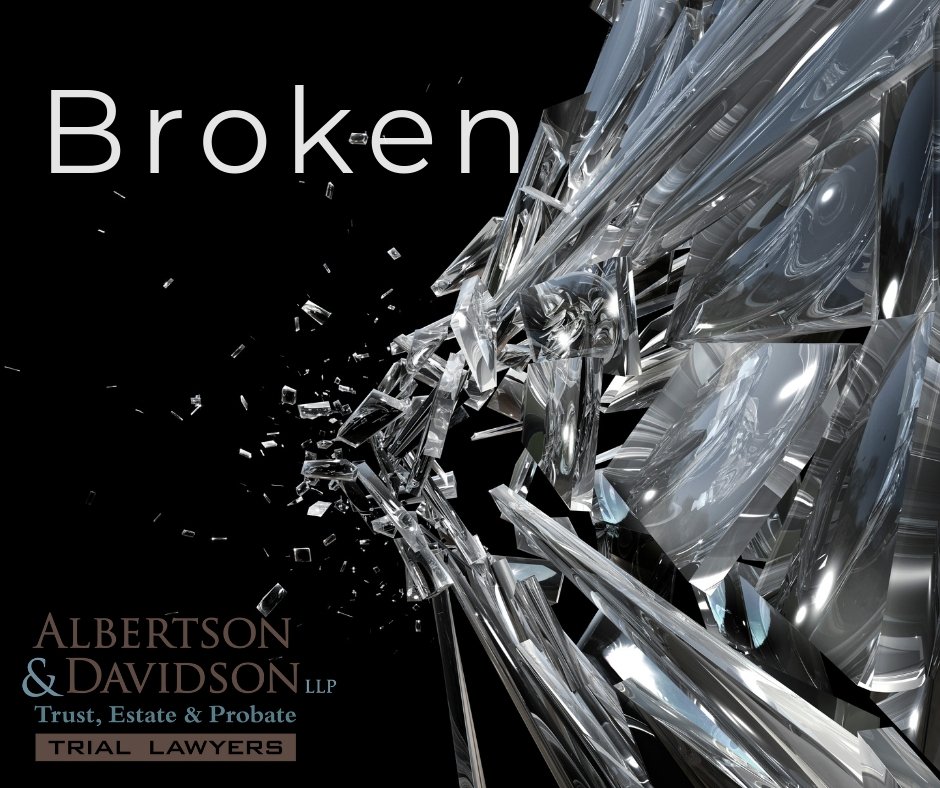
There are times when you know something has gone wrong with your Trust administration. Perhaps the Trustee is not making proper Trust investments, is not managing Trust assets properly, or is outright stealing from the Trust. At times, the harm caused by a Trustee can be less obvious, such as living in a home owned by the Trust without paying rent. As a beneficiary, you have the right to seek damages, or other relief, against the Trustee. But you have to know how to sue.
There are two ways in which to seek reimbursement for the harms and losses caused by a bad Trustee. First, is to simply file a petition with the probate court (under section 17200) asking the court to impose a surcharge against the Trustee. In legal jargon, this is referred to as a petition for redress for breach of Trust. Redress simply means to “set right.” We need the Trustee to repair the damage. If you know what the damage is, and the amount of damage caused, you can go right to the main issue.
For example, if a Trustee lost $100,000 by investing Trust money in pork bellies, then you already know the amount of damage. You can file your petition under section 17200 with the California probate court, and ask the court to issue an order that the Trustee must pay back $100,000 to the Trust from the Trustee’s own pocket.
Demanding Information From the Trustee
In some cases, however, you may not know the full extent of the damage. Since the Trustee controls all of the Trust’s financial information, you may not even know what has occurred, or how much loss has been sustained by the Trust. In that case, you must start by demanding information from the Trustee. You need to receive all of the relevant financial information from the Trust, such as bank statements, financial statements, escrow closing statements, reports from property managers, and all other relevant information.
Additionally, you should request a Trust accounting. The Trust accounting will show the assets the Trustee started with, the income received, the expenses paid, any distributions to beneficiaries, the gains or losses from sale of capital assets, and the assets on hand at the end of the accounting period. This is vital information that can set the stage for your lawsuit against the Trustee. Further, once you have a Trust accounting, then you can subpoena the back-up financial statements to determine if the accounting is accurate or not.
Once you have this information, then you should have sufficient evidence to ask the court to hold the Trustee liable for all harms and losses caused by Trustee mismanagement. Suing for Trustee mismanagement is never easy, but the sooner you get started by compiling necessary information, the sooner you will reach your desired result of holding the Trustee accountable for their actions.
